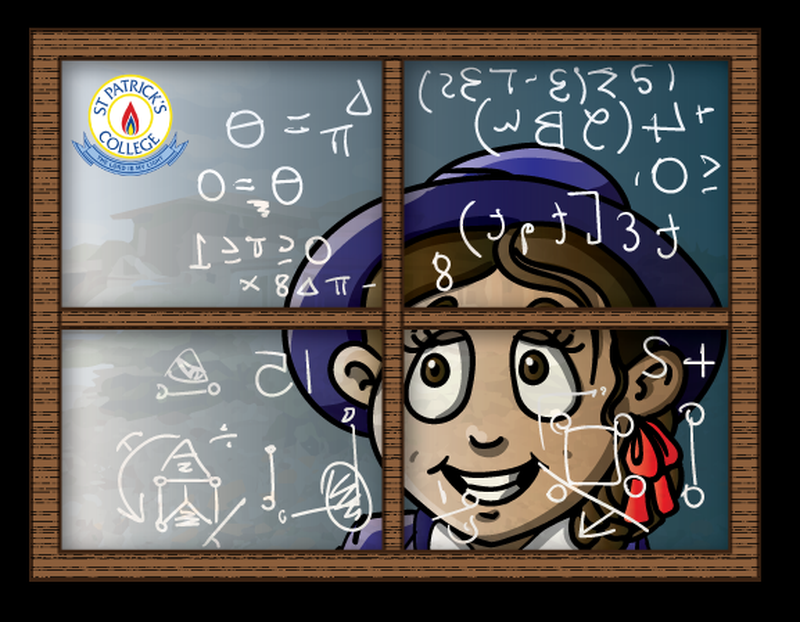Is My Answer Reasonable?
In Mathematics, it is important to be sure that the answer you get to a problem makes sense. Students are often advised to think about whether their answer is reasonable. In our everyday living, thinking about reasonableness can prevent us from being accidentally overcharged, help us to estimate how long it will take to get somewhere or even how much food to cater for a party.

Image courtesy of Joshua Combes - CAPA Coordinator
Many errors in mathematical calculations can be prevented by thinking about how reasonable an answer is. Often we need to use estimation to calculate an approximate answer to a calculation question. Rounding the original numbers in the question to make a quick mental check of your answer is a great strategy. This is particularly useful when working with numbers involving decimals. Year 7 students have been using this idea in their current study of the Decimals topic.
Knowing the approximate measurements of objects in your everyday world can help you to assess whether a number seems reasonable. For example, did you know that one kilogram (1kg) is about the mass of five oranges or one litre of water? Did you know that a door handle is approximately one metre (1 m) off the ground or about the length of a guitar? Maybe you know that for the average person one kilometre (1 km) is about a 10 to 12-minute walk, or that an Olympic sized swimming pool, such as those common to our local council pools, is 50 metres long and hold approximately 2.5 megalitres of water (2.5 million litres).
Another way to check for reasonableness is to put your answer to a problem back into the original question to see if it is correct. This method of checking is particularly useful in algebra. All students are encouraged to do this when studying topics which involve solving equations. Not only will it tell you if your answer is reasonable, but it will tell you if your answer is correct.
Too often students rely on the answer given by their calculator. There is always the assumption that if the calculator gives a particular answer then this must be the correct answer. Thinking about how reasonable an answer is will help avoid the reliance on a calculator, after all, the calculator is only as reliable as the information it is given. Mr Lord frequently talks about a concept he calls GIGO - “If you put Garbage In, you get Garbage Out”. Paying particular attention to the types of measurement units being used can help to avoid this situation, such as, checking whether all of the units in the question are the same or which type of units are required in the answer.
These ideas are not common family dinner time conversations but are little things that can help your daughter to improve her numeracy skills.
Michelle Parker - Mathematics Teacher